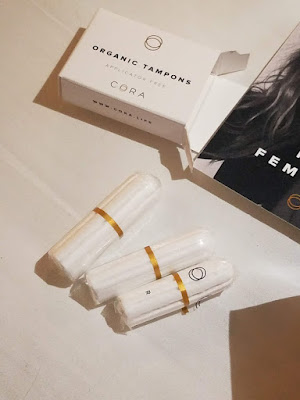Environmental Definitions
If you're anything like me, you're still transitioning to a zero-waste and more environmentally friendly lifestyle, which means you may not be too familiar with definitions and lingo. Well have no fear, because this is your go-to guide for definitions!
Biodegradable: "capable of being broken down especially into innocuous products by the action of living things (such as microorganisms)" I think there's a lot of confusion between this and the ability to become Compost, which is defined as: "a mixture that consists largely of decayed organic matter and is used for fertilizing and conditioning land"
Biodegradable vs. compostable is a confusing matter (at least for me) which I will actually be researching shortly and posting about it in a few days. Keep an eye out!
Carbon Footprint: This phrase is thrown out there a lot, so it's really good to know. According to Merriam Webster's Dictionary, a carbon footprint is "the amount of greenhouse gases and specifically carbon dioxide emitted by something (such as a person's activities or a product's manufacture and transport) during a given period"
Greenhouse Gasses: "any of various gaseous compounds (such as carbon dioxide or methane) that absorb infrared radiation, trap heat in the atmosphere, and contribute to the greenhouse effect"
And if that doesn't really help thanks to adding the "greenhouse" effect into that definition, the greenhouse effect is defined as: "warming of the surface and lower atmosphere of a planet that is caused by conversion of solar radiation into heat in a process involving selective transmission of short wave solar radiation by the atmosphere, its absorption by the planet's surface, and reradiation as infrared which is absorbed and partly reradiated back to the surface by atmospheric gases"
Well...that had a lot of big words.
Organic: "of, relating to, yielding, or involving the use of food produced with the use of feed or fertilizer of plant or animal origin without employment of chemically formulated fertilizers, growth stimulants, antibiotics, or pesticides." (Fun fact, organic food still contains amounts of pesticides and other chemicals, just so ya know.)
Zero Waste: "The creative waste management strategy of "zero waste" is a combination of community and industrial responsibility that includes deconstruction in spite of demolition, composting to keep odorous organic waste out of landfills, recycling, and a screening facility to allow more separation and reuse of waste rather than incineration."
I hope this helps!! If there are any words you'd like included in this list, let me know in the comments below!
PIcture is from clipart online, I claim no rights.



Comments
Post a Comment